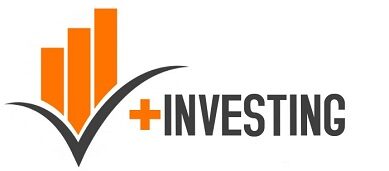Your mortgage isn’t just a loan. It’s a long-term financial commitment that shapes your future in powerful ways. Whether you’re buying your first home or refinancing, every mortgage decision leaves a lasting imprint on your financial well-being.
The choices you make early on can echo for decades. That’s why understanding the full picture matters. From monthly payments to interest rates and loan terms, every element plays a role. It’s not just about getting the keys to a house—it’s about securing a stronger financial future.
Understanding Mortgage Basics and Their Role in Finances
A mortgage is a loan used to buy real estate, where the property acts as collateral. It’s usually paid back over 15 to 30 years with interest. The terms you agree to at the beginning determine how much you’ll pay in total.
Choosing between a fixed-rate and adjustable-rate mortgage can shift your financial balance. Fixed rates provide predictability, while adjustable rates might start lower but carry risks. It’s more than picking a payment—it’s deciding how much uncertainty you’re willing to accept.
Monthly payments also include property taxes, insurance, and sometimes HOA fees. A mortgage isn’t just the price of a home; it’s a bundled set of responsibilities.
Interest Rates and Their Long-Term Impact
Even a small change in interest rate can make a big difference over time. A half-percent difference can cost or save you thousands of dollars. That’s money that could be invested, saved, or spent elsewhere.
Locking in a low rate might seem minor, but it’s one of the most important moves you can make. A lower rate means smaller payments, quicker equity buildup, and less paid in interest overall. On the flip side, a higher rate can quietly drain your finances for years.
When comparing offers, don’t just focus on monthly payments. Look at the annual percentage rate (APR) to see the total cost over the life of the loan. That fuller view reveals whether you’re truly getting a good deal.
Loan Terms Influence Your Financial Flexibility
The term length of your mortgage—15 years, 30 years, or somewhere in between—affects both your monthly cash flow and total cost. A shorter loan means higher payments but less interest over time. A longer loan lowers the payment but increases the total amount paid.
That’s the trade-off. Do you want lower monthly stress or long-term savings?
Some people choose a 30-year mortgage but make extra payments to reduce the term. Others commit to the shorter timeline from the start. The decision should match your lifestyle, income predictability, and financial goals.
Flexibility is key. Don’t stretch so far for the dream house that you sacrifice your ability to handle emergencies, invest, or travel. Your mortgage should fit into your life—not take it over.
Equity Building as a Wealth Strategy
Every mortgage payment increases your equity—the amount of the home you truly own. Equity builds slowly at first but accelerates over time. It’s a quiet wealth-building engine, especially if home values rise.
Using your mortgage as a way to grow wealth means thinking long-term. It’s about more than shelter. It’s about accumulating an asset that can support future opportunities—starting a business, funding college, or boosting retirement.
But equity is only helpful if you don’t keep borrowing against it. Home equity loans and lines of credit can erode the value you’ve built. Be strategic. Let equity grow unless there’s a solid reason to tap into it.

